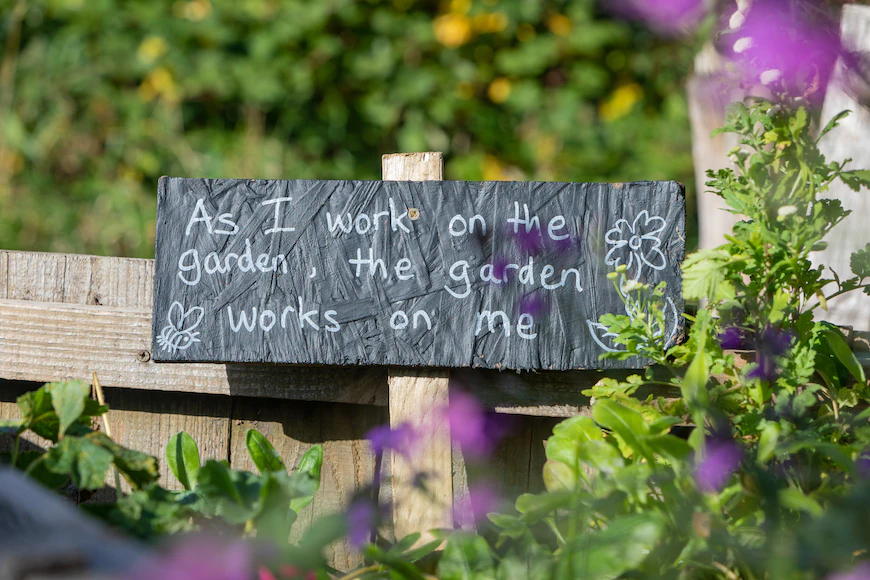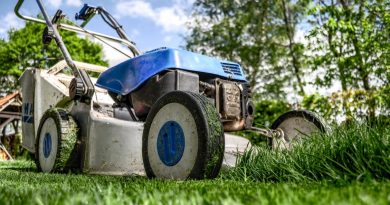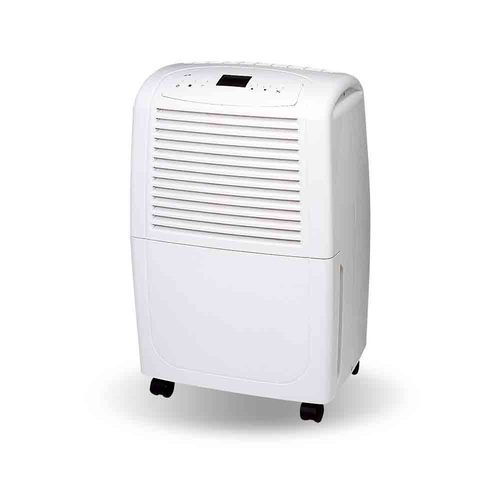You, too, can grow a garden – how to find your green thumb
Gardening can be a very relaxing and satisfying activity for everyone. There’s something incredibly rewarding about watching seeds sprout and grow into beautiful plants, maintaining your greenery lush and seeing how your garden changes with the seasons and thrives year after year.
However, enjoying all these wonders that nature has bestowed upon us doesn’t come without effort. Each plant has its own needs and requirements, and there are many factors to take into consideration if you want to create your own green oasis. That’s why so many people give up gardening after a few failed attempts. Most will simply assume they just weren’t born with a green thumb, and they’ll never be able to keep a plant alive, let alone grow and maintain an entire garden.
But the truth is green thumbs – if we were to embrace the concept – are made, not born. There’s no secret talent or magic ability to grow plants that some have, and others don’t. Everyone can learn to care for their green friends and turn a patch of land into a beautiful nature retreat. All it takes is a bit of research and plenty of determination, and you can become a plant whisperer yourself. So, if you want to step into the wonderful world of gardening, here are a few basic tips about plant care that can help you begin your journey on the right foot.
Make sure your plants are healthy
When looking to populate your garden with new plants, you have two options: you can either purchase them from a nursery, or you can buy seeds and grow them yourself. It’s certainly a lot more convenient to buy full-grown plants, but you might find it more fulfilling to plant seeds and watch them grow through all their stages of development.
Whichever option you decide to choose, it’s important to make sure your plants are strong and healthy. One infected plant can contaminate the entire garden, and it’s going to be a lot more difficult to salvage the situation once the problem becomes widespread. That’s why you need to examine your plants regularly, look for signs of insects or disease, and use appropriate treatments when necessary.
Know your plants
As we’ve already mentioned, every plant is unique and has its own needs in terms of light, water, air, space and soil. So, if you want your plants to thrive, you need to take into account their specific requirements and provide them with adequate conditions. If you’re buying plants from a nursery, they’ll most likely come with a care instruction label providing a basic description of the plant and some basic guidelines on how to keep it strong and healthy.
If you don’t know how to decipher the symbols on the label, or if you don’t have one to begin with, you can always turn to Google to do your research. Keep in mind that besides basic care, some plants may need to be brought inside during colder months, so you’ll need to transfer your outdoor planters into a more sheltered space to avoid damage and stress.
Water properly
Watering is a love language in gardening. All plants need water to absorb nutrients from the soil and develop, but watering requirements differ from specie to specie. For example, succulents and cacti won’t need as much water as tropical plants like ferns. The amount of water a plant needs and the watering frequency also depends on a variety of other factors, such as the age and size of the plant, the season, the amount of sunlight, humidity and temperature.
Make sure you take all these variables into consideration and resist the urge to overwater your plants. Keeping them in a soil that’s constantly soaking wet can lead to all sorts of issues like fungi growth, discolored leaves or necrosis of the roots. Remember, you need to let the soil dry in between watering and water at the roots instead of pouring water all over the foliage.
Invest in gardening tools
Becoming a plant parent also implies using the right tools and equipment to nurture your green babies. Since you’re not aiming to turn your gardening hobby into a career, you don’t have to spend a fortune on professional tools. But you do need to have some basic utensils that can help you manage your plants properly and perform gardening tasks with greater ease.
Purchasing a beginner gardening kit or a couple of multifunctional tools should do the trick. Add some elho pots and planters to your list to enhance the aesthetic appeal of your garden, and you’re all set. And don’t forget to clean your tools thoroughly after you use them to reduce the risk of spreading disease between plants.
Have a regular maintenance routine
Growing a garden implies a lot more than planting a few flowers and shrubs and watering them every now and then. You should not neglect the importance of having a proper garden maintenance routine. Regular maintenance is a must in order to keep your garden healthy, clean and tidy.
This includes all sorts of activities, depending on each garden’s characteristics, from pulling weeds and adding compost to deadheading, pruning or culling. If you fail to do these tasks on time, your greenery will start looking dull and lifeless. You might want to create a gardening calendar so you can keep track of all the maintenance activities you need to perform in every season and organize your time more efficiently.
Growing your own garden implies a lot of work, but it’s also one of the most rewarding hobbies you can take on. It requires time, patience and care, but the joy it brings to your life is truly invaluable. And the best part about it is everyone can enjoy this activity. So, if you want to get closer to nature and all the beauty it has to offer, don’t hesitate to start your gardening journey today.




